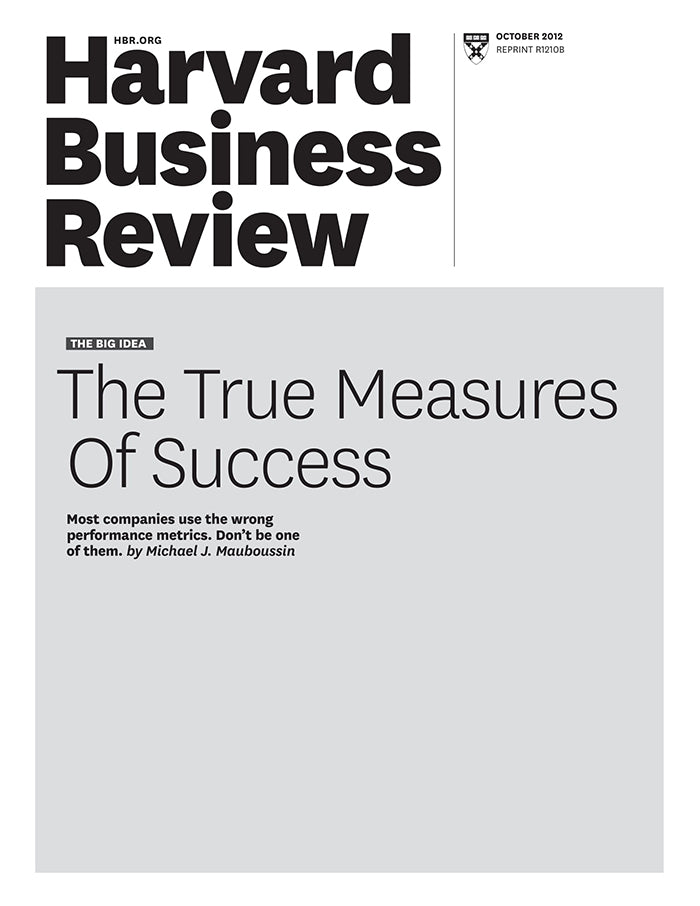The True Measures of Success
受取状況を読み込めませんでした
When it comes to assessing performance, business executives can be a lot like old-time baseball scouts, who have been around so long that they've developed a gut feel for which statistics matter most. But as Michael Lewis describes in "Moneyball," the Oakland Athletics discovered that the metric the team's scouts used to choose players had nothing to do with whether those players would score runs. They had been measuring the wrong thing, and executives may be making the same mistake. Theory and empirical research show only a shaky connection between value creation and two of the most popular performance measures: earnings per share (EPS) growth and sales growth. Yet executives cling to those metrics because they are overconfident in their intuition, they misattribute the causes of events, and they do not escape the pull of the status quo. The most useful statistics reliably reveal cause and effect. They have two defining characteristics: They are persistent, showing that the outcome of a given action at one time will be similar to the outcome of the same action at another time, and they are predictive--that is, there is a causal relationship between the action the statistic measures and the desired outcome. To choose the right statistics, you must define your governing objective, assess the financial and nonfinancial drivers of that objective, and figure out which employee activities support those drivers. You must also regularly reevaluate your metrics. The drivers of value creation change, and so must your statistics.
【書誌情報】
ページ数:10ページ
サイズ:A4
商品番号:HBSP-R1210B
発行日:2012/10/1
登録日:2012/10/10


